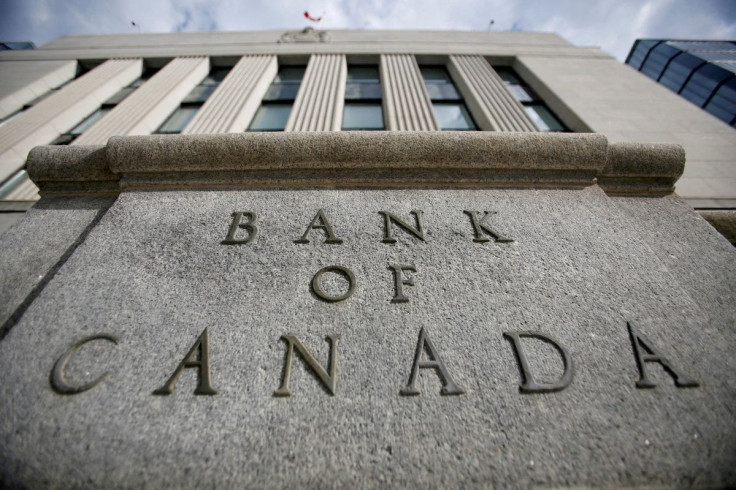Bank Of Canada Says Rates Are Too Stimulative, May Need To Go Above Neutral

The Bank of Canada's policy rate, at 1%, is "too stimulative" given soaring inflation and interest rates may need to go above neutral because parts of the economy have become less sensitive to increases, an official said on Thursday.
Deputy Governor Toni Gravelle, speaking to economists in Montreal, also said the central bank would likely revise up its near-term inflation projections, as the "perfect storm" of global and domestic price increases continue to persist.
"Our policy rate, at 1%, is too stimulative, especially when inflation is running significantly above the top of our control range," Gravelle said. "We need our policy rate to be at more neutral levels."
He said the Bank was moving quickly to get back to the neutral range - between 2% and 3% - and reiterated it was prepared "to be as forceful as needed" to cool demand.
The Bank of Canada made a rare 50 basis point increase last month and is widely expected to go ahead with another oversized increase at its June 1 decision. Money markets are betting the policy rate will be around 3% by year-end.
"We may also need to raise rates above neutral because parts of the economy may be less sensitive to rates hikes than in the past," Gravelle said, noting households have more savings and less non-mortgage debt than before the pandemic.
Demand for housing could also prove more persistent in the face of rate hikes than expected, he said.
Alternatively, the central bank could pause as it enters the neutral range if price increases reverse course or if the housing market slows more than expected.
"Our base-case scenario includes a slowdown in housing activity. But we could see a larger-than-expected slowdown due to higher indebtedness and unsustainably high housing prices," Gravelle said.
He reiterated the central bank is not on "autopilot" and does not have a specific "terminal" rate.
Inflation in Canada hit a 31-year high at 6.7% in March, its 12th consecutive month above the Bank of Canada's 1-3% control range and more than triple the 2% target.
The Canadian dollar was trading 0.3% lower at 1.3030 to the greenback, or 76.75 U.S. cents.
© Copyright Thomson Reuters {{Year}}. All rights reserved.





















